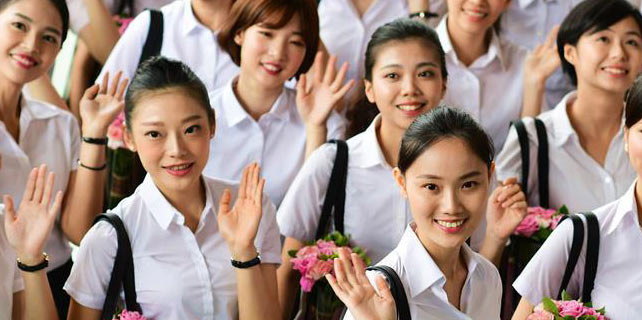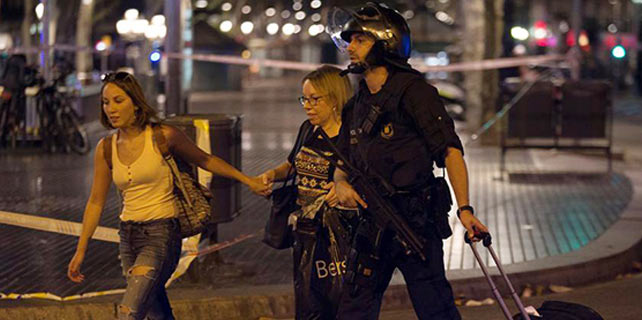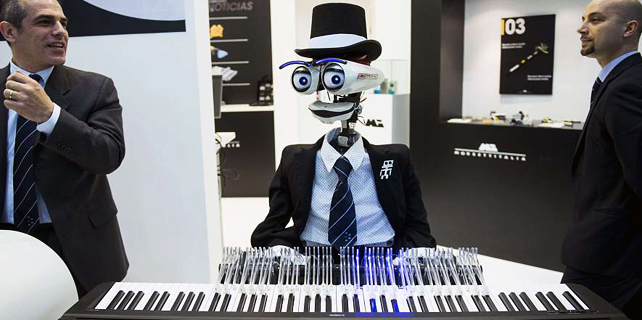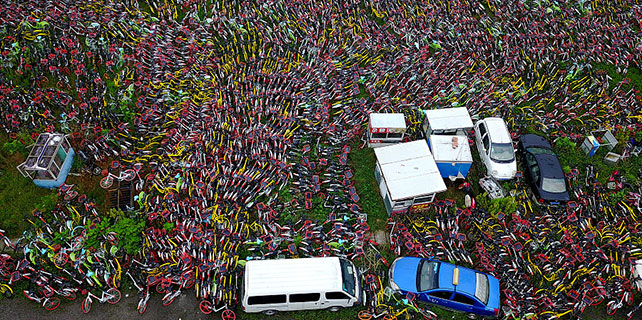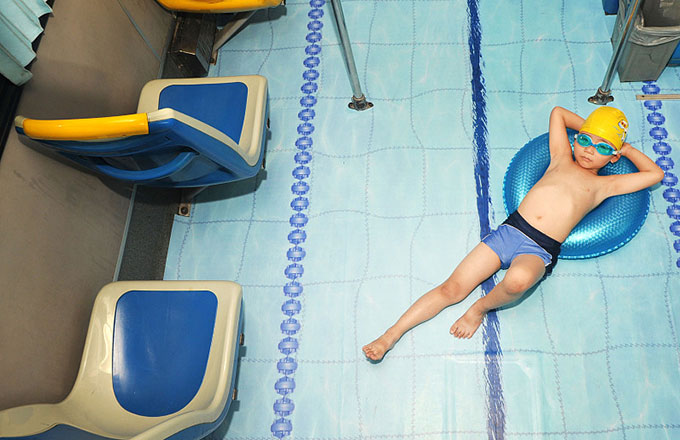Models promote clothing, culture in show of unity on Kabul catwalk

KABUL - Amid tight security, over two dozen young models, including six women, strutted down the catwalk in the garden of a private Kabul villa, proudly displaying the traditional clothing and costumes of Afghanistan's many ethnic groups.
The audience, about 100 men and women, tightly packed the small space on a recent afternoon, but the mood was as bright as the models' embroidered tunics and scarves - a scene that would have been unimaginable under Taliban rule.
For the organizer, 22-year-old model and fashion designer Ajmal Haqiqi, putting on the show was worth the risk - despite daily threats of militant attacks in this war-weary capital.
Haqiqi says he was motivated by the desire to show off Afghan culture through the nation's dazzling abundance of traditional garments and regional costumes. If Afghans regain an awareness of their rich heritage, this could help unite them, he said.
"I told myself, if a suicide bomber attacks us, even if I lose my hands and feet, I will continue on the way that I have chosen," Haqiqi said.
Kabul has seen few fashion shows over the past years, mostly catering to international audiences. Haqiqi's show was the first all-Afghan enterprise: Afghan models showing Afghan traditional clothing to an all-Afghan audience.
However, the idea of women on display remains mostly taboo in Afghanistan, more than 16 years after the 2001 United States-led invasion that ousted the Taliban from power after a repressive five-year reign.
Haqiqi's group, the Haqiqi Modeling Agency, is a relative newcomer on the country's small fashion scene but he has appeared on national television on various occasions, such as Independence Day, the Persian New Year, known as Nowruz, and the Muslim holidays of Eid al-Adha and Eid al-Fitr.
The agency sells the designs under its own "Haqiqi Brand", with about 70 percent of the sales going to foreigners and Afghans living aboard.
Atefa Fasihi, 21, joined Haqiqi's team two years ago and the show was her debut before a live audience. She acknowledged feeling uneasy as heavily armed security guards protected the villa in a western Kabul neighborhood.
"Everybody is scared, but... we are working to promote our Afghan culture, so I foresee a good future," Fasihi said.
Husna Sadat, who was in the audience, said the prospect of more such shows is exciting. "If we can change the mentality of our people from all these years of fighting, then I am sure the people can be ready for a better future," she said.
For Amina Sherzad, also in the audience at Haqiqi's show, the mix of the ethnic garments held a message of acceptance.
"It shows that we can accept each other, a model can be a Tajik or a Hazara but can wear the other's ethnic clothing," she said, referring to two prominent ethnic minorities. "We are the same."
Associated Press




